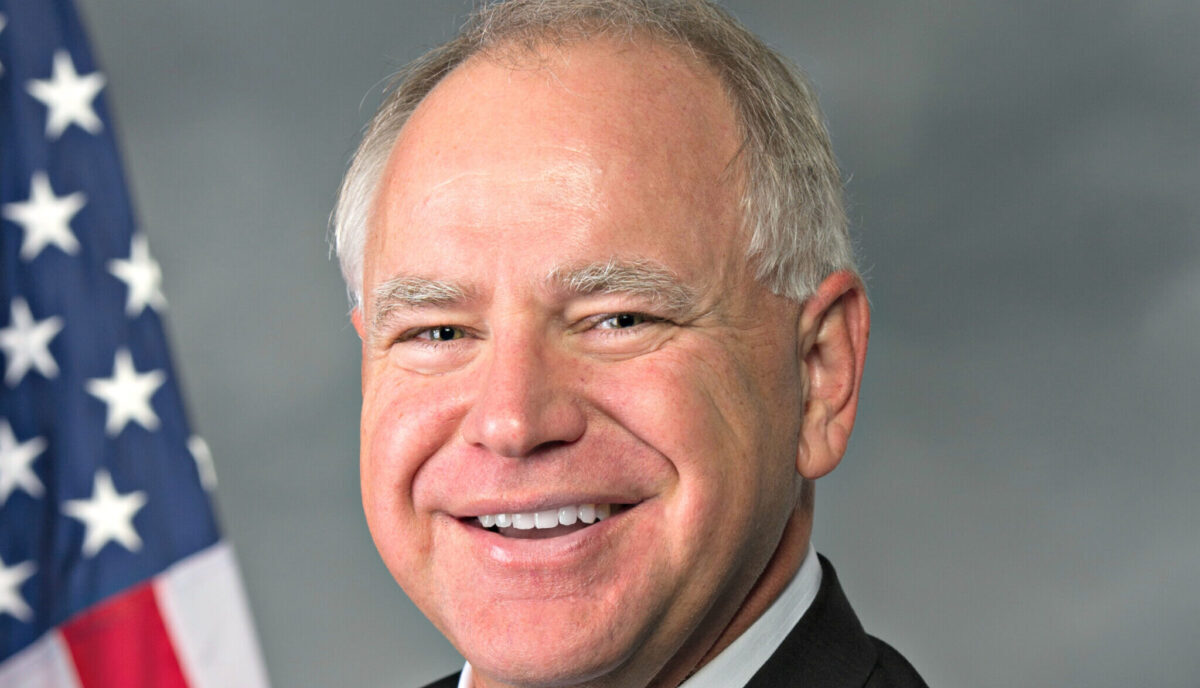Supreme Court to address transgender athletes in sports
Hold onto your running shoes, folks—the U.S. Supreme Court is stepping into the contentious arena of transgender athletes in women’s sports.
The nation’s highest court will tackle two landmark cases on January 13, 2026, diving into whether state laws banning biological males from competing in female sports divisions pass constitutional muster, Fox News reported.
These cases, Little v. Hecox and West Virginia v. B.P.J., aren’t just about sports—they’re a battleground for interpreting Title IX and the Equal Protection Clause. Let’s be real: this is less about locker room chatter and more about whether federal law bends to the progressive push for redefining sex and fairness. It’s a debate that’s long overdue.
Cases Rooted in State Law Challenges
Starting with Little v. Hecox, the controversy kicked off in 2020 when transgender athlete Lindsay Hecox was barred from joining the women’s cross-country team at Boise State University. Hecox, alongside an anonymous female student named Jane Doe, challenged Idaho’s law, claiming it unfairly targeted transgender individuals.
A federal judge initially blocked Idaho’s ban, and in 2023, the 9th U.S. Circuit Court of Appeals upheld that injunction. Idaho Attorney General Raúl Labrador has since taken up the defense, arguing for the state’s right to protect women’s sports categories. One wonders if the courts will finally prioritize biological reality over ideological trends.
Fast forward to last month, and Hecox made a surprising move, requesting the Supreme Court drop the case. As stated in a legal motion, Hecox “has therefore decided to permanently withdraw and refrain from playing any women’s sports at BSU or in Idaho.” Well, that’s a curveball—does walking away from the fight mean the fight is over, or just sidestepped?
West Virginia Case Adds More Heat
Meanwhile, West Virginia v. B.P.J. centers on transgender athlete Becky Pepper-Jackson, who sued after being excluded from school sports teams. A preliminary injunction initially allowed Pepper-Jackson to compete, much to the chagrin of state officials.
The 4th Circuit Court of Appeals then ruled that West Virginia’s law violated Title IX and the Equal Protection Clause—a decision that’s got conservatives raising eyebrows. After all, Title IX doesn’t explicitly grant biological males the right to compete as women, nor do state or Trump-era interpretations support such a reading.
Heather Jackson, Becky’s mother, argued in a court brief that the state’s ban infringes on Title IX protections. It’s a heartfelt plea, no doubt, but one must ask: does federal law really stretch that far, or are we rewriting the rulebook mid-game?
Legal Arguments Take Center Stage
Both cases landed on the Supreme Court’s docket, with Little v. Hecox accepted in July and West Virginia’s appeal following suit. The core question remains: can states legally draw a line at biological sex in sports, or does that violate constitutional protections? It’s a tightrope walk between fairness and individual rights.
John Bursch of the Alliance Defending Freedom, involved in both cases, is steering clear of a states’ rights argument. Instead, as he put it, “It's clearly the right result under Title IX, under the equal protection clause and under common sense, that men and women are different.” There’s a refreshing dose of clarity—sometimes, common sense should be the referee.
Idaho’s Raúl Labrador echoed the stakes, predicting a significant ruling on transgender participation in sports. He’s focused on whether federal and state laws, alongside the Constitution, shield transgender athletes in this context. It’s a big “if” that could reshape athletic fields nationwide.
What’s at Stake for Women’s Sports?
Let’s not mince words: these cases could redefine the very essence of women’s sports. If biological males are permitted to compete without restriction, will female athletes still have a fair shot at titles, scholarships, and records? That’s not a slight on anyone’s identity—it’s a question of physical differences that science isn’t shy about confirming.
The Supreme Court’s decision in 2026 won’t just be a legal footnote; it’ll set the tone for how we balance personal freedoms with competitive equity. Critics of these state bans may cry discrimination, but supporters argue it’s about preserving a level playing field for biological females.
Until the gavel falls, the debate rages on, and both sides are lacing up for a marathon of legal arguments. One thing is certain: the outcome will echo far beyond the courtroom, touching every school gym and stadium in America. So, keep your eyes on January 13—this isn’t just a game; it’s a defining moment.



